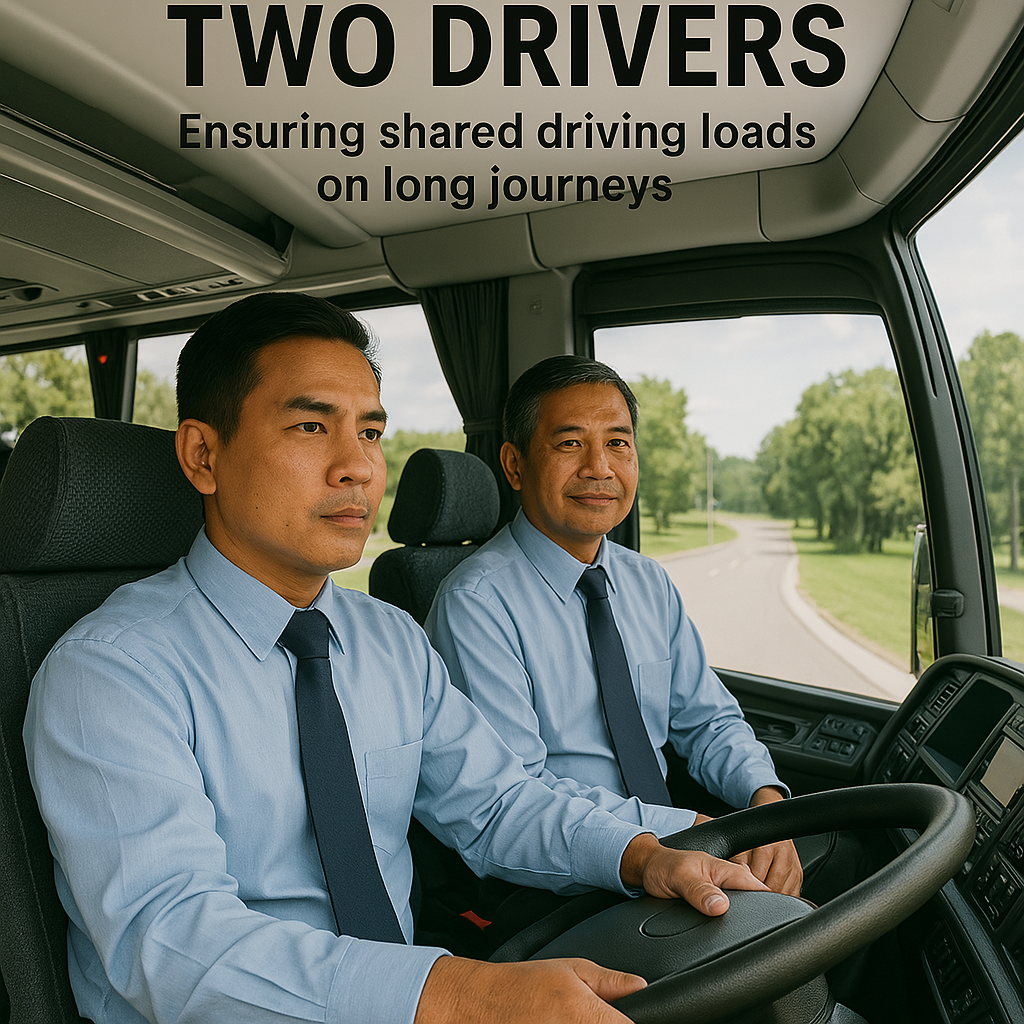
by Dato’ Syed Ahmad Idid
The outcry is growing. Malaysians—motorists, passengers, pedestrians, motorcyclists, and pillion riders—are increasingly alarmed by the rising number of road fatalities. My earlier piece, “Let’s Get Serious Now on Huge Losses from Road Accidents in Malaysia”, drew widespread response. Credit to Weekly Echo for supporting this conversation.
Then came the heart-wrenching headline: “Teluk Intan FRU Truck Crash: Death Toll Rises to 9.” Nine officers from Unit 5, Ipoh—gone in an instant. As the nation mourns, we ask: What triggered the crash? Was it the FRU truck, or a lorry overloaded beyond control? Truth matters. Journalism must hold its standard; clarity and precision are what the public deserves.
I had received a moving message from DSP Muhamad Amin bin Mat Yassin, Officer Commanding Unit 5 PSP Ipoh, requesting prayers for the fallen, and for the injured—five in ICU, two in comas, three still unconscious.
His Highness, the Sultan of Selangor, was quick to act, condemning reckless heavy vehicle drivers and urging strict penalties. A lawmaker then questioned a vehicle inspection agency’s role in ensuring roadworthiness. The debate was timely, yet, even before the dust settled, another fatal crash unfolded in Banting. Again, weight. Again, speed. Again, a life lost.
Who bears the blame? Are we only looking at drivers, or should the spotlight also fall on vehicle owners—those who profit when trucks make more trips, regardless of overload or driver fatigue? Should they not be held equally accountable?
A jarring case followed: “Ibu Tiga Anak Digilis Lori Simen Ketika Berhenti di Lampu Isyarat.” Brake failure, they claimed. But for three children, that excuse is a lifetime of loss.
Statistics point to deeper rot: 36 per cent of heavy vehicles are allegedly overloaded. Nearly 27 per cent of drivers may have criminal records or prior traffic convictions. Is it time for PDRM and JPJ to launch a sweeping nationwide crackdown?
Voices from the Ground
The reactions to the first article were telling. A fighter pilot shared this insight: “In aviation, we have airmanship. At sea, seamanship. Both demand awareness, skill, and responsibility. On our roads? Malaysians lack roadmanship.”
He urged for advanced and defensive driving programmes—citing a 1984 initiative where world rally legend Rauno Aaltonen trained BMW owners at Batu Tiga. Sadly, such efforts faded with the demise of AAM or the Automobile Association of Malaysia.
Another concerned citizen highlighted that 70 out of every 100 road deaths involve motorcyclists. A tragic figure that’s hard to ignore.
Yet when we observe the daredevil lane weaving, the sudden bursts of speed, it’s clear that some riders underestimate the stakes. No training can instil caution where there’s no will to heed.
An Urgent Call to Action
The Transport Ministry, MIROS, PDRM, JPJ, and our universities must join hands—not just to study, but to act. Enough with delays. Enough with profit-driven neglect. We must put lives before logistics.
One commercial pilot minced no words: “Our main problem? Attitude.” In Bahasa: tak peduli. Their unspoken creed? “Mampus pi lah mampus.” (To die, so be it).
Another reader flagged the dangers in Bukit Jelutong. Joggers in dark attire run at dawn, ignoring walkways and speeding lorries. Tragic irony—those trying to stay healthy end up courting death.
Stories That Haunt Us
I’m reminded of a young lawyer. Dedicated, disciplined. He walked the same sidewalk near the Royal Lake Club in Kuala Lumpur every morning—until one day, a lorry veered, and that routine ended in silence.
We circle back to motorcyclists. Why 70 per cent of fatalities? Is it the vulnerability of two wheels? Reckless riding? Lack of dedicated lanes? Or the careless motorists who plough through them?
There’s even more nuance. Some accidents claimed whole families—parents on their way to weddings, funerals, even job interviews. Could stress and distraction have played a part? Should our driving syllabus include focus training and emotional regulation?
The System Needs Fixing
Road lights must be properly placed and maintained. Construction must ensure that sidewalks don’t taper into dangerous drop-offs. Enforcement of road laws must be constant, not seasonal.
Unlike Germany’s autobahn, Malaysia does impose speed limits, but enforcement is patchy. Here, “Faster is Better” is a deadly game, not a motto.
One last story, heavy with sorrow: At a hospital, an uncle sits by his nephew—a motorcyclist, crushed in a collision. “Pak Cik… I don’t want to die… I promise I’ll ride safely… I love my future…” Moments later, the promise dissolves into the next world.
Let’s not bury another voice before it’s heard. Let’s not wait for more headlines. The time to act is now.
(The views expressed here are entirely those of the writer)
WE
WE